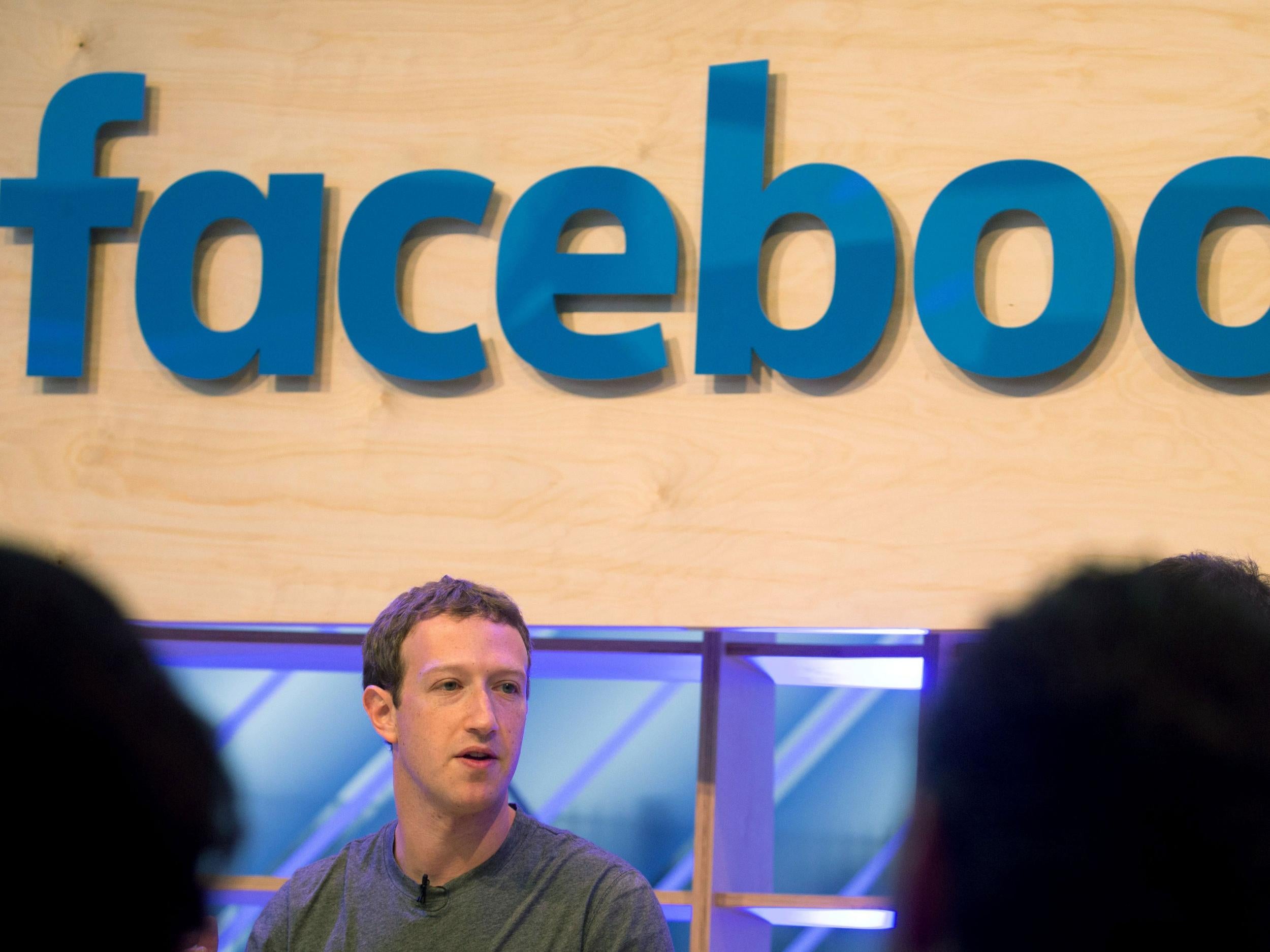Facebook 'Like' button may be against the law, German court rules
A German consumer association said the user's data was sent to Facebook through the 'Like' button, regardless of whether they even used it

Your support helps us to tell the story
From reproductive rights to climate change to Big Tech, The Independent is on the ground when the story is developing. Whether it's investigating the financials of Elon Musk's pro-Trump PAC or producing our latest documentary, 'The A Word', which shines a light on the American women fighting for reproductive rights, we know how important it is to parse out the facts from the messaging.
At such a critical moment in US history, we need reporters on the ground. Your donation allows us to keep sending journalists to speak to both sides of the story.
The Independent is trusted by Americans across the entire political spectrum. And unlike many other quality news outlets, we choose not to lock Americans out of our reporting and analysis with paywalls. We believe quality journalism should be available to everyone, paid for by those who can afford it.
Your support makes all the difference.A German court has ruled that a shopping site's use of the Facebook 'Like' button was not legal, since users were not properly warned that their personal data was being shared with the social network.
The Düsseldorf district court said that the Fashion ID clothing website, run by retailer Peek & Cloppenburg (P&C), failed to get the right approval from users before transferring some of their browsing data to Facebook.
The case was brought by the North Rhine-Westphalia Consumer Association, who claimed the site transferred data to Facebook through the 'Like' button, regardless of whether they even used it or not.
The court said that the practice violated Germany's tough data protection laws, and the retailer could have to pay a penalty of up to €250,000 (£192,000), according to Reuters.
Now, P&C and other retailers will have to explicitly warn users that liking their pages on Facebook from their sites will allow the social network to log some of their data.
The consumer group has also issued warnings to five other websites which it alleges have similar practices.
The case came just after a January ruling which said Facebook's 'friend finder' feature, which lets users encourage their email contacts to sign up for the site, constituted a deceptive marketing practice.
Germany's competition regulator also announced last week that it had opened an investigation into suspicions that Facebook is using its leading market position to impose unfair conditions on its users.
P&C will be able to appeal the ruling, but it told Reuters it will wait for the court's written judgement before deciding.
They also said it had changed how the site uses the 'Like' button, by getting users to consent before sending any information to Facebook.
A spokesman for Facebook said: "This case is specific to a particular website and the way they have sought consent from their users in the past."
"The 'Like' button, like many other features that are used to enhance websites, is an accepted, legal and important part of the Internet, and this ruling does not change that."
Join our commenting forum
Join thought-provoking conversations, follow other Independent readers and see their replies
Comments